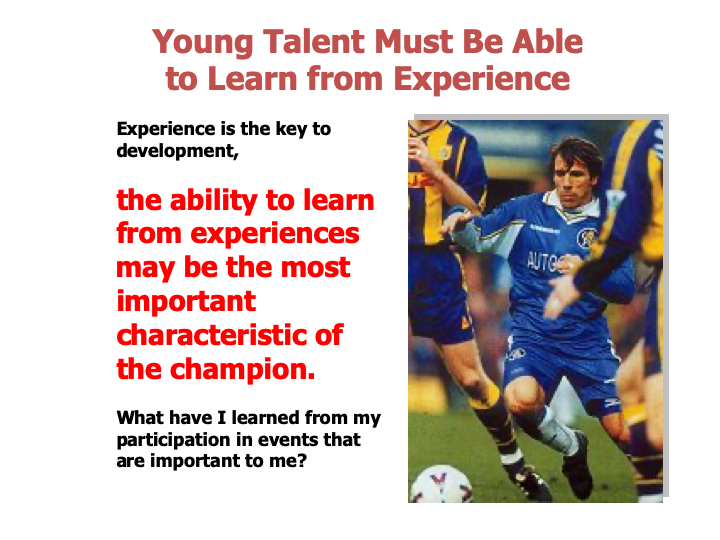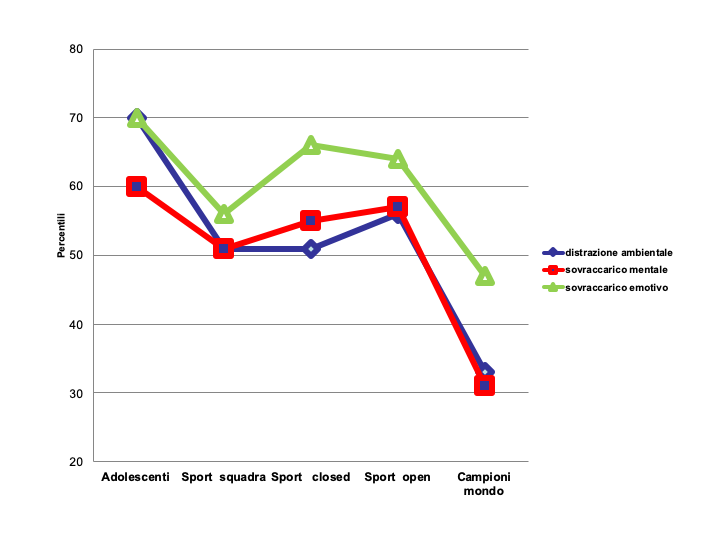“Summer Together” camp has begun, promoted by Roma Cares in collaboration with Accademia Calcio Integrato with youth ages 6-18 with intellectual disabilities playing soccer. Second day, the boys and girls arrive at the camp and start playing in the big pitch. Peaceful environment, they shoot on goal. This happens while waiting for the other teammates to arrive. Then we listen and sing the Italian anthem all together.
Training begins with coordination exercises with the ball, divided into two groups of 5. There are 3 AS Roma coaches following them, providing technical instructions and encouraging them to keep up the pace of the exercise.
Different sized shots on goal on stations, rotating every few minutes.
These are young people who have been training with us for a long time, some for 6 years others for 4. The summer camp is 5 hours on 5 days per week (the global group in three weeks will be of 90 young). The group of 10 I’m talking about is made up of young people with intellectual disabilities with good motor functioning even though some have difficulty running, some would mostly walk and run a few steps, and some are very fast. Some need more than others to alternate minutes of activity with a break (in any case it is very hot here in Rome).
For the latter, having many hours available to train is important, since in this way they have the opportunity to train for an overall long period of time, while during the weekly training sessions, stopping for 20 minutes means losing almost 40% of the training time, which is 50 minutes.
Of course there are also moments of tension, some boys show restlessness, someone else argues with a teammate, someone responds impulsively or takes offense because they do not pass the ball, others get tired and are prone to isolation.
These difficulties can be resolved with the patience of the coaches who understand these problems, but above all thanks to the fact that the game continues and these episodes do not disturb those who play. In this sense the continuity of the activity is a stimulus to those who leave to return to play. This is because, in any case, the objective is to maintain a positive and pleasant atmosphere that, in the end, outweighs any difficulties encountered.
With an image we can say that the river flows, when a boy/girl lives a more critical moment, its flowing helps to solve individual problems because the collective continues the activity, so everything flows and then you get to the sea where everything ends.
Coaches carry out their leadership role with understanding and closeness but in a firm manner. This attitude of theirs is the essential cornerstone for which everything flows, despite the fact that we are coaching young people with intellectual disabilities.
A lot of work is done to bring value to coaching. This is the reason why listening to and singing together the Italian anthem and before the final match the Champions League anthem are moments that precede significant moments of the training. It’s obvious, finally, that wearing the AS Roma uniform is another unifying factor, a way for these young athletes to feel proud and part of something that in their perception is immense.
In the next few days I will tell you about the experience of other young people who participate at “Estate Insieme”.







